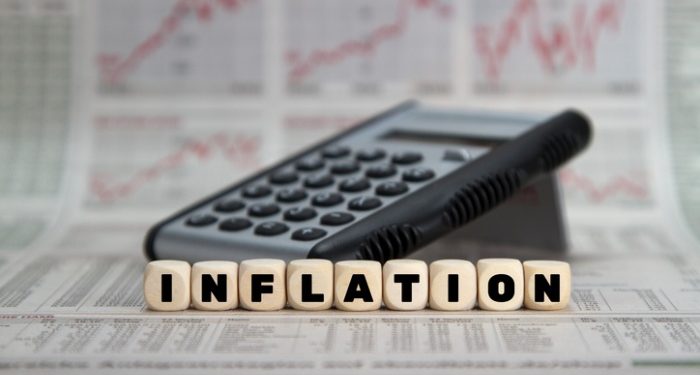The latest UK CPI has increased for the first time since February 2023 to 4.0 per cent in the 12 months to December from 3.9 per cent.
Broadstone head of market engagement Simon Kew says: “After a significant decline to 3.9 per cent in November, inflation surprisingly edged back upwards again to 4.0 per cent in December.
“It marks the first rise in inflation since February but further falls are anticipated with some economists even predicting inflation to drop below the Bank of England’s target of 2 per cent in the first half of 2024 earlier this week. In spite of the rise in December, inflation is still projected to weaken over the course of the year, stoking predictions of rate cuts despite the Bank of England’s public pushbacks against these market expectations.
“For pension schemes, the faster than expected fall in inflation over the past six months could reduce the scrutiny on discretionary increases as member benefits are more likely to keep pace with the cost of living.
“After consecutive bumper increases to the State Pension, retirees without Defined Benefit pensions often take a keen interest in the inflation print to see whether it could drive another significant Triple Lock uprating. But with inflation looking to be coming under control, this group should instead be keeping tabs on the earnings figure over the coming months.”
XPS Pensions Group partner Danny Vassiliades says: “This time last year, CPI inflation stood at 10.5 per cent and the Bank of England was in the middle of 14 consecutive interest rate rises in a bid to control it. Whilst CPI remains above the Bank’s 2 per cent target rate, today’s announcement shows what a difference a year can make.
While we are watching the unfolding situation in the Red Sea and considering potential inflationary impacts of this carefully, some forecasts are suggesting that CPI inflation could hit the Bank’s 2 per cent target by mid-2024. In this scenario, many pension increase limits will not apply, to the benefit of pension scheme members.”
AJ Bell head of financial analysis Danni Hewson says: “It’s a tiny spike but psychologically it’s a mountain. Households had begun to hope the colossal hikes that had taken a salami slicer to their budgets over the past year might finally be in the rear-view mirror.
“People know prices are still rising, you can’t do your weekly shop without accepting that, but the moment at the checkout when the cashier tots up the damage had begun to feel a little less overwhelming.
“Even those who aren’t glued to the news on their phones throughout the day will have gleaned that the situation in the Red Sea is something that might have a tangible impact on everyday life.
“But that disruption wasn’t captured by these figures, other factors were at play in December. One is a UK quirk – the impact of increased duty on tobacco products created the lion’s share of last month’s hike. But it’s the uptick in service inflation which will trouble Bank of England policy makers. That’s the sticky bit that will make the last few percentage points harder to whittle away.
“The UK isn’t alone, other countries including the US have found themselves in the same situation, and it seems the path to that hoped for ‘soft landing’ will have a few detours. Whilst markets are still hopeful rate cuts will come thick later this year, the date for that to commence has slipped back.
“Looking forward there are so many variables at play, central bankers are likely to want to keep their powder dry for as long as they can. But walking that tightrope has just got a little bit harder as we wait and see whether the situation in the Middle East escalates or if a quick solution can be found.”
The post Industry reaction: Inflation rises by 0.1pc appeared first on Corporate Adviser.



